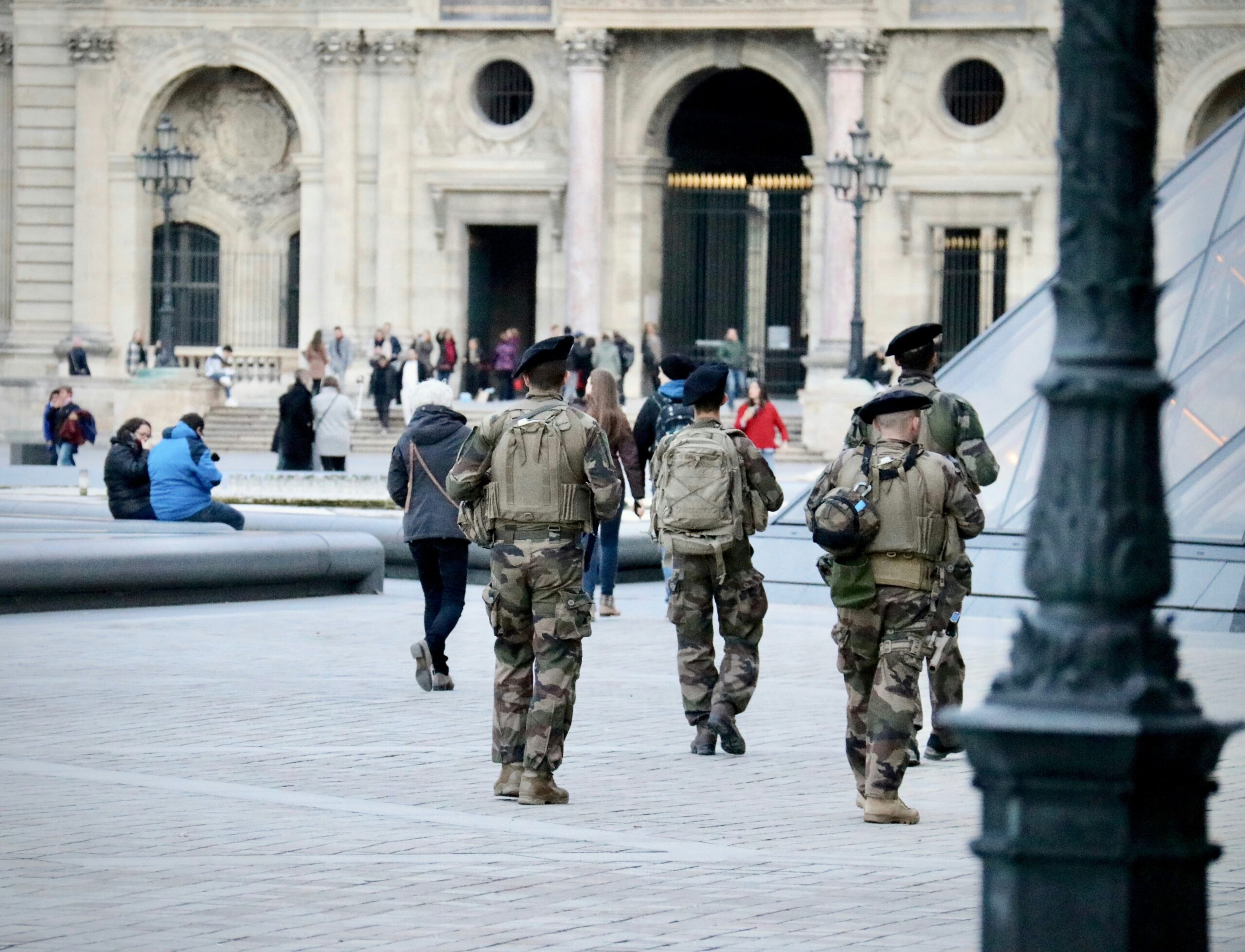
Terrorism remains one of the most significant threats to global peace and stability, affecting nations regardless of their size, economic strength, or political influence. In an increasingly interconnected world, the ability of any single country to combat terrorism independently is limited. Therefore, international cooperation has become an essential component of global security efforts. By working together, countries can leverage each other’s strengths, share intelligence, and establish frameworks that strengthen their collective capacity to combat terrorism in all its forms.
Global efforts against terrorism have evolved as terrorist organizations have become more sophisticated in their methods and widespread in their operations. These organizations often operate across national borders, making it difficult for any country to confront them effectively. A united approach allows nations to pool resources and expertise, thereby enhancing their capabilities to address the threat more comprehensively and unified. Cooperation among states also helps to prevent the spread of terrorist ideologies, which can destabilize regions and lead to significant security challenges.
Strengthening Intelligence Sharing and Coordination
One of the primary benefits of international cooperation is the ability to share intelligence. Terrorist organizations often operate in clandestine networks, making it extremely difficult for law enforcement and intelligence agencies to gather information about their activities. However, countries can share valuable intelligence through global cooperation that helps identify threats before they materialize. For instance, the exchange of information regarding terrorist movements, funding sources, and communication channels can lead to preventive actions that mitigate the impact of terrorist attacks.
Additionally, coordinated intelligence efforts allow for quicker responses to emerging threats. When nations work together, they can act faster to track down terrorists, dismantle networks, and disrupt operations. Without cooperation, the fragmented nature of intelligence efforts makes it easier for terrorists to operate under the radar, thus prolonging the threat. The international community must continue to enhance its intelligence-sharing networks, ensuring that all relevant stakeholders are involved in a collaborative effort to curb The Vital Role of Global Collaboration in tackling terrorism. This collective vigilance provides a higher chance of detecting and neutralizing terrorist cells before they can execute their plans.
Collaborating on Legal Frameworks and Counter-Terrorism Policies
International cooperation also plays a crucial role in developing and harmonizing legal frameworks that facilitate the prosecution and deterrence of terrorism. By aligning their counter-terrorism laws, nations can close loopholes that terrorists might exploit to evade justice. Moreover, the standardization of anti-terrorism legislation ensures that individuals who engage in or support terrorist activities face consistent legal consequences, regardless of where they are apprehended.
Countries also collaborate in developing policies that help prevent terrorism at its roots. This includes initiatives to counter extremist ideologies, promote social cohesion, and address the underlying grievances that might drive individuals toward terrorist groups. For example, international bodies like the United Nations have helped establish conventions and protocols to guide governments in preventing terrorism. The result is a more unified and effective global response, as countries work within shared frameworks to tackle common challenges. As tackling terrorism continues to evolve, international cooperation in legal matters remains vital in adapting to emerging threats and ensuring that counter-terrorism efforts remain relevant and practical.
Enhancing Multilateral Diplomacy and International Security Alliances
Diplomatic efforts also play a significant role in fostering international cooperation against terrorism. Countries must collaborate not only on intelligence and legal matters but also through international organizations and multilateral forums. Institutions like the United Nations and the European Union and regional bodies such as the African Union have facilitated dialogue and action against terrorism. Through these platforms, countries can engage in collective decision-making, coordinate security measures, and share best practices for combating tackling terrorism.
Multilateral diplomacy also strengthens international security alliances that are crucial in addressing terrorism. For example, NATO (North Atlantic Treaty Organization) has been actively combating terrorism, particularly in regions like the Middle East. Security alliances help ensure that counter-terrorism efforts are not isolated but part of a broader collective strategy. These partnerships enhance military coordination, intelligence sharing, and resource mobilization, which are vital in ensuring the security of states facing terrorism. By maintaining strong diplomatic ties and alliances, nations position themselves better to confront the ever-evolving global threat of terrorism.
Addressing Terrorism Financing Through Global Cooperation
Terrorism financing is one of the most critical challenges in the fight against terrorism. Terrorist organizations often rely on sophisticated financial networks to fund their operations, including illicit trade, money laundering, and state sponsorship. International cooperation is essential in disrupting these financial flows by implementing sanctions, freezing assets, and targeting financial institutions that facilitate terrorist financing. Collaborative efforts between countries enable greater oversight and enforcement, ensuring that terrorist organizations lose the financial resources they need to operate.
In recent years, the international community has made significant strides in improving its ability to combat the financing of terrorism. Through organizations such as the Financial Action Task Force (FATF), countries have strengthened their anti-money laundering regulations and enhanced the transparency of financial transactions. “While progress has been made, countries must continue cooperating internationally to stay ahead of evolving terrorist financing methods.” Countries must remain vigilant and adapt to new financial trends and technologies, such as cryptocurrencies, that terrorists may use to circumvent traditional monetary systems.
International cooperation is indispensable in the fight against terrorism. As tackling terrorism grows in complexity, so must the global response. Through the sharing of intelligence, the harmonization of legal frameworks, the strengthening of diplomatic relations, and the disruption of terrorist financing, nations can enhance their collective efforts to combat terrorism effectively. By working together, countries improve their security and contribute to the stability and safety of the global community. In this interconnected world, no country can stand alone in the fight against terrorism, and only through united efforts can the international community hope to eliminate this grave threat.